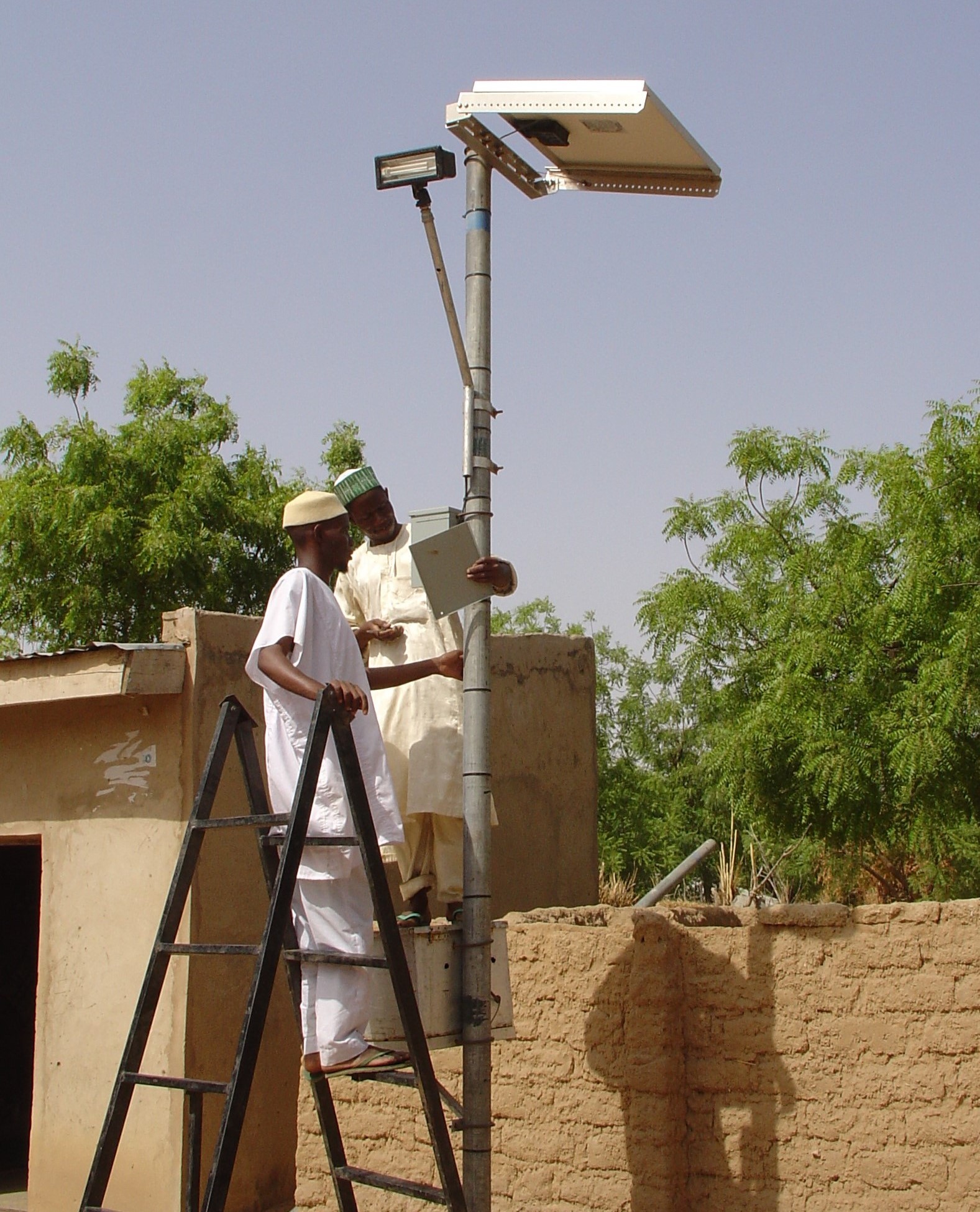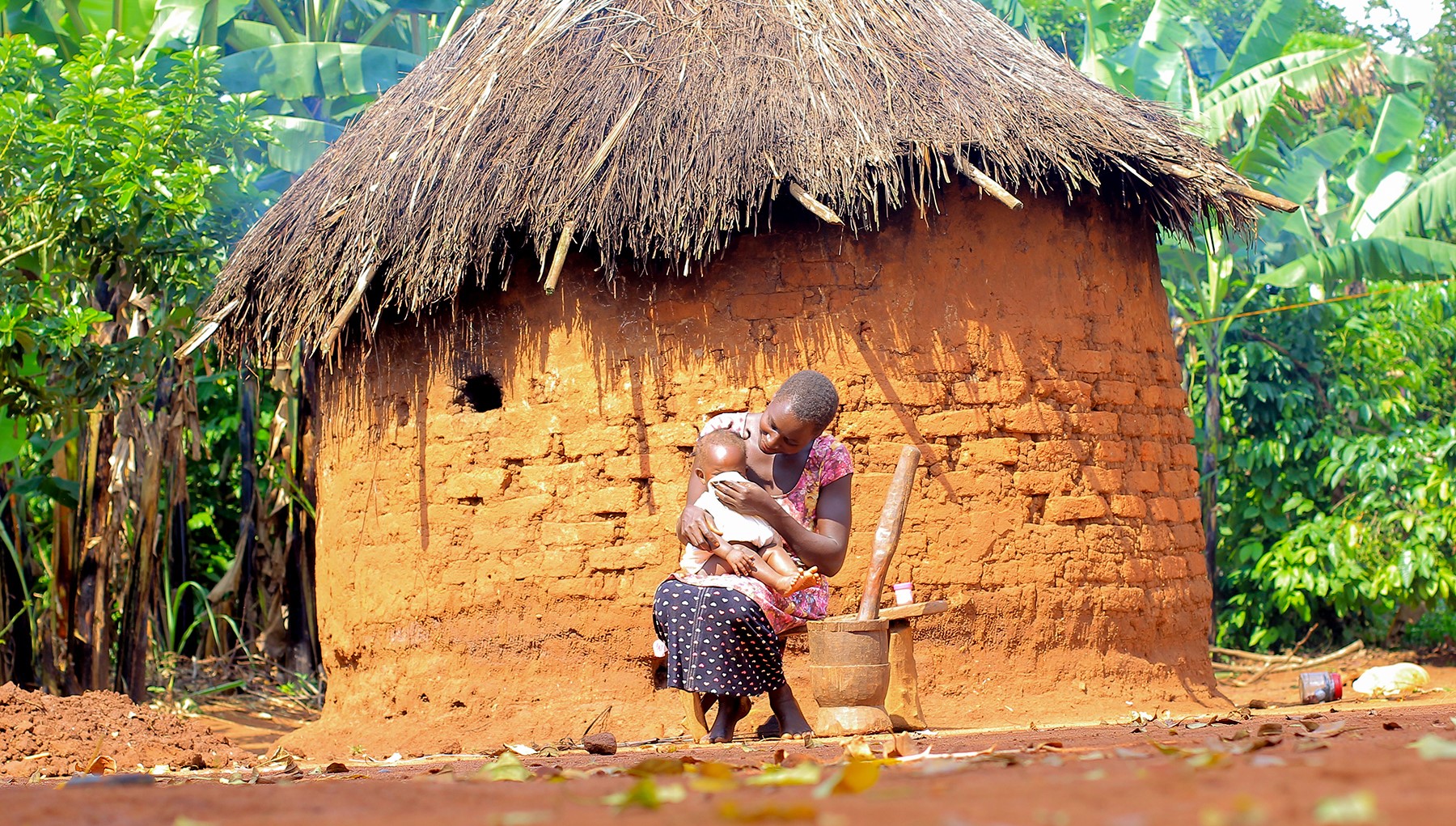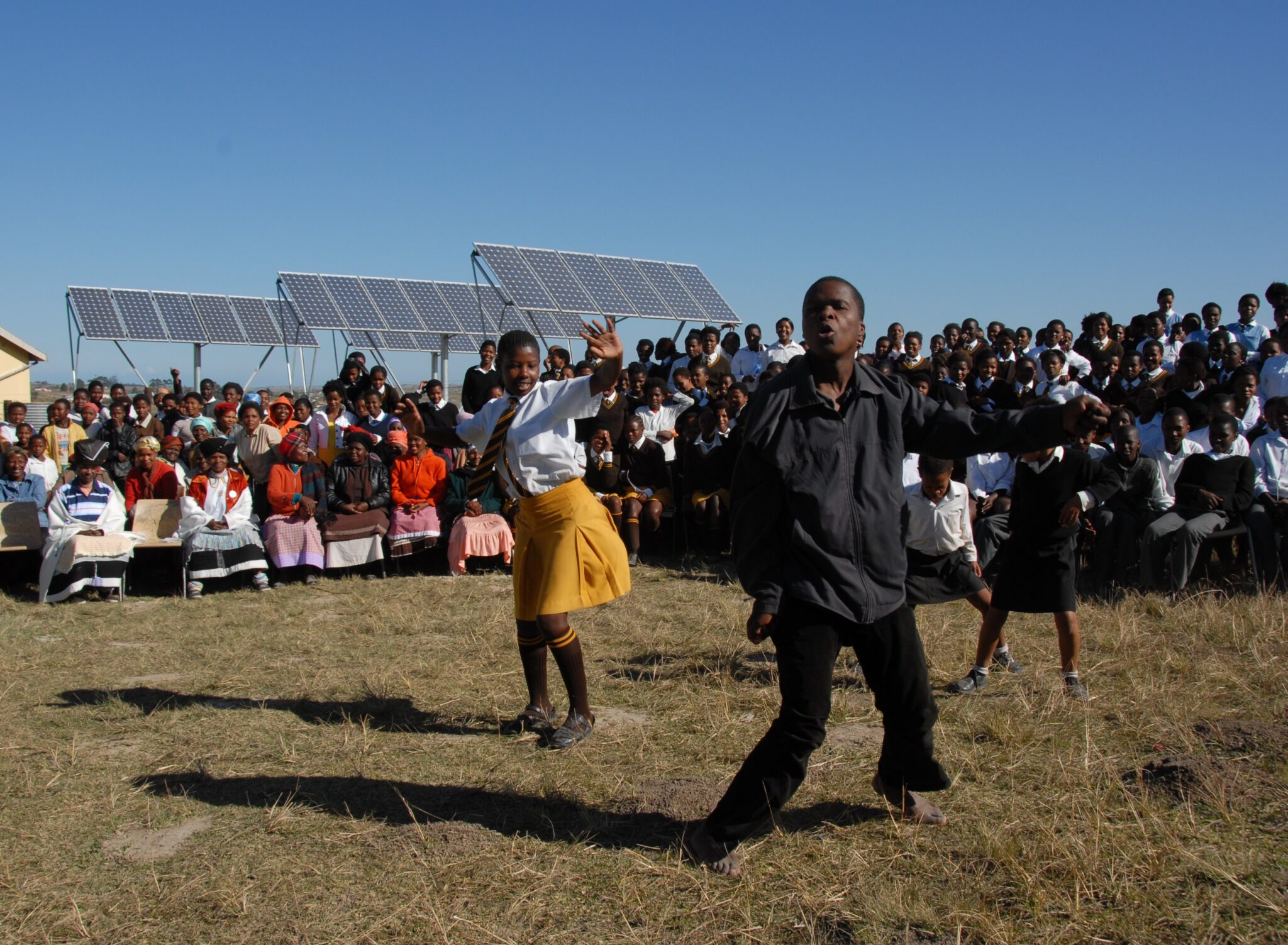Energy is a Human Right
Human rights are powerful tools for global progress. But for too long, our human rights frameworks have missed a key point: living a life of health, equity, and opportunity in the 21st century requires access to energy.
.
Today, energy powers our food systems, our health clinics, our schools, and so much more. Yet universal energy access remains little more than an aspiration. It’s time to recognize the lifesaving role energy plays. It’s time to declare energy is a human right.

Why Energy?
Lack of energy reinforces our greatest global inequities. Without energy, children can’t study at night. Without energy, doctors can’t administer vaccines. Without energy, communities can’t pump clean water or power agricultural equipment.
Nearly a billion people around the world lack access to electricity, and many more have only limited or unreliable access. Not only does this impair human health and wellbeing today, but it also establishes a poverty feedback loop that is nearly impossible to transcend. When a person’s time and resources are devoted to survival, pursuing education or starting a business remains a pipe dream. This is how poverty keeps people poor. And without access to energy, little can change.
Energy Access Today
Today, energy access varies widely across regions. In the United States, Canada, and Europe, electrification rates are virtually 100%. In Latin America and the Caribbean, nearly every country sees electrification rates above 75%. Asia presents a similar picture, with a few more exceptions. Sub-Saharan Africa sees the highest rates of energy poverty by far, with electrification rates as low as 7.3%.

Within under-electrified nations, energy is typically accessible in urban centers, but extending the power grid to rural areas is often prohibitively expensive. As a result, a significant portion of the population is forced to go without power or fill the gaps with less efficient alternative fuels such as coal and kerosene. These sources deliver a modest amount of energy, but it is insufficient, unreliable, and comes with significant health risks.
This is the picture of energy today: one of haves and have-nots. And for the have-nots, a better life is kept out of reach by this one basic necessity.
A History of Human Rights
The human rights of today date back to the mid-20th century. In 1948, the newly formed United Nations adopted the Universal Declaration of Human Rights, which set forth 30 principles, including the right to education, food, housing, and medical care. The preamble states: “Whereas recognition of the inherent dignity and of the equal and inalienable rights of all members of the human family is the foundation of freedom, justice and peace in the world.” And indeed, this is what the document aimed to achieve—a world where all people could live freely and fully.
Further rights were established in the 1960s through the International Covenant on Civil and Political Rights and the International Covenant on Economic, Social and Cultural Rights. These included and expanded upon core rights such as food, health, non-discrimination, and education. More treaties followed, forming the human rights picture of today.
While these agreements don’t prescribe specific policies, they do mandate that governments uphold and enforce each of the rights detailed. These documents also offer clarity and direction, serving as the north star of global collective action.
Declaring Energy is a Human Right
Today, the realities of energy poverty stand in contrast to the principles outlined in the Declaration of Human Rights. If people have a right to health and education, then they have a right to the tools that will get them there. Yet, in the years since the Declaration’s establishment, energy has too often been an afterthought.
In 2000, the UN set forth the Millennium Development Goals (MDGs), which outlined eight priorities to tackle by 2015. Each of these goals, such as improving maternal health and reducing child mortality, identified critical issues. They had something else in common: Without access to energy, none of the goals could be achieved. In 2015, the MDGs were retired in favor of the Sustainable Development Goals (SDGs), which at last included SDG 7, “clean and affordable energy.”
The UN states that the SDGs are “firmly anchored in human rights principles and standards, including the Universal Declaration of Human Rights and the international human rights treaties.” SDG 7 elevates the movement to declare energy a human right. But so long as it remains an SDG alone, energy access will continue to lack the accountability and enforcement mechanisms that other goals benefit from.

Declaring a new human right is no small task. But it can—and must—be done. We know that energy is a driving force for health, wealth, and wellbeing, and that its absence creates barriers that are nearly impossible to overcome. We have the data. We have the technology. We have the knowledge needed to act.
Only by establishing a new human right can we leverage the tools needed to bring people out of the dark. To officially proclaim energy is a human right would draw attention to the issue, assign responsibility, and set norms. It would unlock financing and mobilize resources toward clean energy access. It would force governments to engage in meaningful dialogue and make commitments to a better future.
It’s time to stop waiting. It’s time to make it official. Because energy isn’t reserved for a privileged few. Energy is a human right.

SELF is a global leader in the fight against energy poverty. Since 1990, we’ve pioneered unique applications for solar energy, powering progress on food security, health care, education, gender equity, and more.
501(c)(3) non-profit organization
EIN: 52-1701564